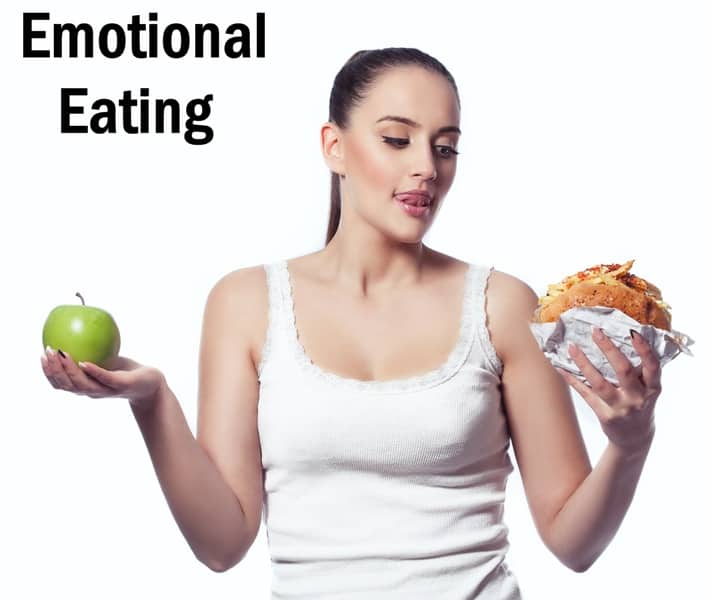

Emotional eating is defined as consuming large quantities of food in response to feelings instead of hunger. Usually the food consumed is “comfort” or “junk” food. How often have you rewarded yourself with a salad, or indulged in carrot sticks when you were sad? We often use high calorie, fattening, and sugar-filled snacks to make ourselves feel better– eating to fill emotional needs rather than our stomachs. Experts estimate that 75% of overeating stems from emotional eating.
Occasionally using food as a pick me up or to celebrate an event is usually not harmful, but when eating is used as a primary coping mechanism it can have dangerous health implications if the underlying problem is never adequately addressed. Eating can help numb pain and take your mind off of what is bothering you, but only momentarily. Unfortunately, those feelings still exist and are only being suppressed, and often after an emotional eating episode you only feel worse because of the extra calories you consumed. You beat yourself up for not having enough control or willpower, and the cycle just continues! As your emotional eating habits grow stronger, you tend to feel helpless because your weight continues to go up, and you are unable to manage your feelings or habits.
Think about your eating habits, “Am I an emotional eater?” Consider seeking help to get healthy. TimeLess Weight Loss is happy to help address weight issues that stem from emotional eating.






Ready to schedule your beauty treatment?
We offer free consultations.